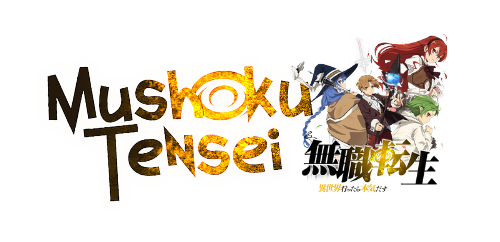
Love, Loss, and Self-Discovery The Themes of Golden Time
Love, Loss, and Self-Discovery: Themes of Golden Time
Golden Time is a captivating light novel and anime series that explores profound themes of love, loss, and self-discovery through its multifaceted characters. Set against the backdrop of a university environment, the story follows Banri Tada, a young man grappling with memory loss as he navigates the complexities of relationships. The series skillfully intertwines these themes, allowing viewers and readers to engage deeply with the emotional journeys of its characters. As we dive into these themes, it's important to also consider how fans celebrate the series through Golden Time Merchandise, showcasing their connection to the story and its characters.
Love: The Heart of the Story
The theme of love is central to Golden Time, manifesting in various forms, from romantic affection to deep friendships. Banri's love story with Koko Kaga is both tumultuous and heartfelt, presenting a portrayal of love that is both idealistic and realistic. Their relationship is marked by challenges, misunderstandings, and personal growth, making it relatable to anyone who has experienced the ups and downs of young love. The depiction of their bond not only serves as a driving force of the narrative but also resonates with the audience, inviting them to reflect on their own experiences with love and connection.
Loss and Its Impact on Identity
Another significant theme in Golden Time is loss, particularly the loss of memory and the implications it has on one’s identity. Banri's struggle with amnesia serves as a powerful metaphor for how our past experiences shape who we are. His journey of self-discovery becomes a painful yet enlightening experience as he works to piece together fragments of his life and understand his emotions. The interplay of loss and memory explores the idea that our past does not solely define us, but rather, it informs our present and guides our future. This theme resonates deeply with audiences who may have experienced similar feelings of disconnection from their past selves.
Self-Discovery Through Relationships
Self-discovery is intricately woven into the narrative of Golden Time, encouraging characters and viewers alike to embrace change and personal growth. Each character in the series embarks on their own journey of understanding and transformation, often spurred on by their relationships with others. Banri learns through his interactions with Koko, his classmates, and even the ghosts of his past. These experiences push him to confront his fears, understand his emotions, and ultimately grow as an individual. The theme of self-discovery is a reminder that our relationships can serve as mirrors, reflecting our innermost thoughts and emotions, prompting us to evolve in ways we may not have anticipated.
Celebrating Golden Time: Merchandise and Community
As fans connect with the themes of Golden Time, many choose to express their love for the series through Golden Time merchandise. From figurines and posters to clothing and accessories, the merchandise not only allows fans to celebrate their favorite characters but also to become part of a vibrant community. Sharing the love for the series through these items fosters connections among fans, creating a sense of belonging that aligns with the series' exploration of interpersonal relationships. The act of purchasing and displaying Golden Time merchandise becomes a testament to the impact the story has had on individuals, solidifying the emotions of love, loss, and self-discovery within a shared fandom.
In conclusion, Golden Time masterfully navigates the complex themes of love, loss, and self-discovery, making it a poignant narrative that resonates with many. Through Banri's journey, viewers are invited to reflect on their own experiences while celebrating their connection to the series through Golden Time merchandise. This merging of narrative depth and fan engagement creates a rich tapestry of experience that continues to inspire and evoke emotion long after the story concludes.









